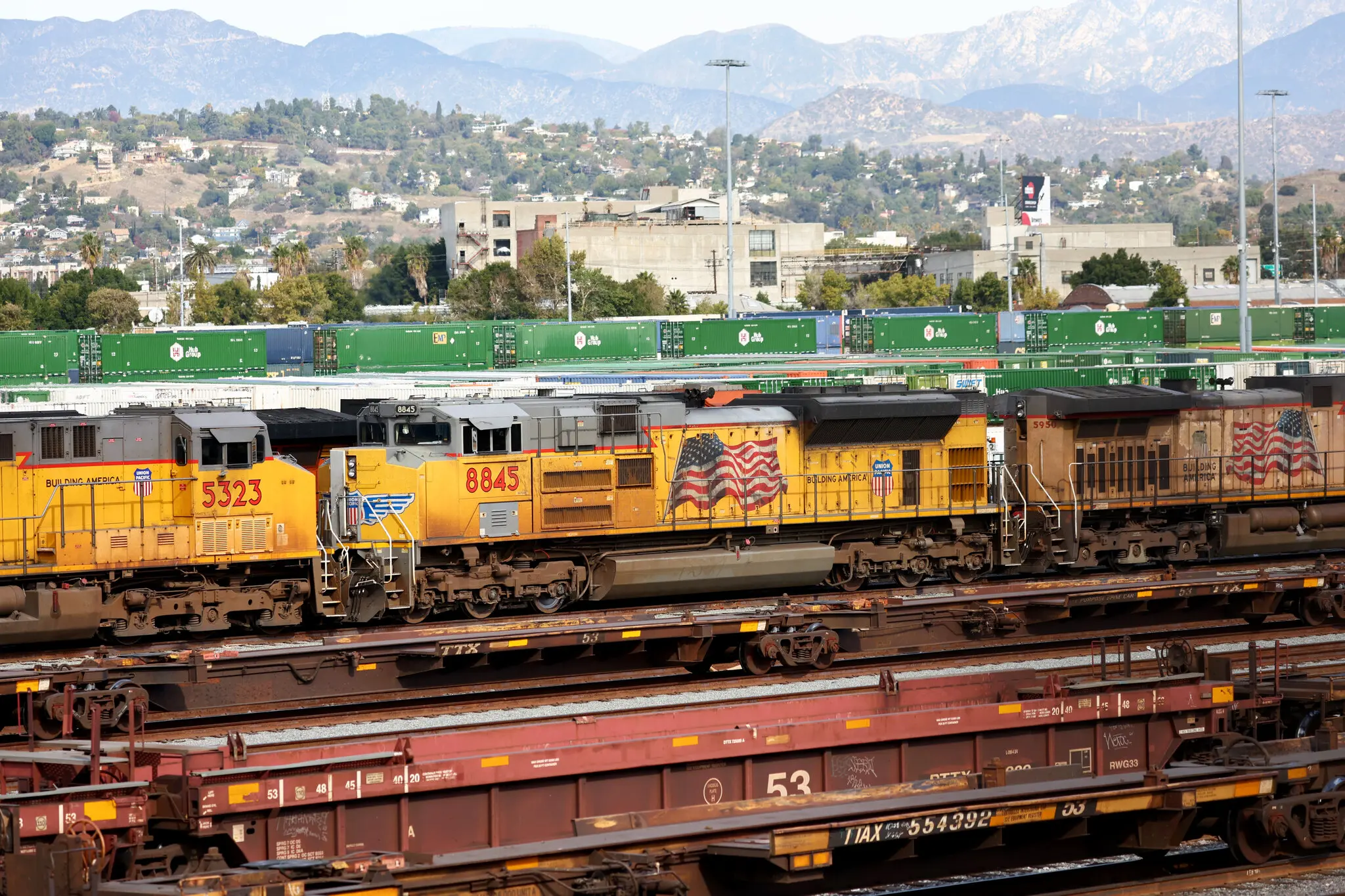
Sunah Chang is a student at Harvard Law School.
In today’s news and commentary: businesses challenge the Department of Labor’s new overtime rule in federal court, Illinois grows closer to passing a state-wide ban on captive audience meetings, and railroad workers’ unions raise concerns over the increased use of remote-controlled trains.
Business groups have launched a legal challenge to the new Department of Labor (“DOL”) rule that seeks to expand overtime pay requirements. The new rule, which the DOL finalized back in April, is set to automatically extend overtime pay to workers making less than $58,656 a year, starting on July 1, 2025. In an attempt to block this new rule from taking effect, a coalition of businesses has filed a lawsuit in the Eastern District of Texas, which alleges that the rule exceeds the DOL’s authority under the Fair Labor Standards Act (“FLSA”) and violates the Administrative Procedures Act. Under the FLSA, employees who are “employed in a bona fide executive, administrative, or professional . . . capacity” are exempt from overtime pay protections. The lawsuit claims that the new rule goes beyond what is permitted under the FLSA because the rule sets a salary threshold that is “is so high that it is no longer a plausible proxy for delimiting which jobs fall within the statutory terms ‘executive,’ ‘administrative,’ or ‘professional.’”
In the meantime, another case that is pending on the Fifth Circuit risks significantly undermining the DOL’s authority to regulate overtime pay. Mayfield v. Department of Labor involves a challenge to a Trump-era overtime rule; on appeal, the plaintiffs have argued that the FLSA does not authorize the DOL to consider workers’ salaries in determining whether they are exempt from overtime. If the Fifth Circuit sides with the plaintiffs in the Mayfield case, the current Biden DOL rule will likely be invalidated on similar grounds.
In Illinois, state lawmakers have approved a new bill prohibiting captive audience meetings—mandatory workplace meetings organized by employers with the purpose of discouraging workers from engaging in union activity. The bill also creates a right of action for individual workers to sue their employers if they are punished for refusing to attend captive audience meetings. If the bill is signed by Governor Pritzer, Illinois would join a half dozen other states that have passed captive audience bans in the past few years.
Lastly, unions representing railroad workers have begun to voice their concern about the safety risks of remote-controlled trains. In the last several years, some railroad companies have swapped out teams of engineers supervising the tracks from the front cabin for single remote-control operators, who may not even be aboard on the trains. While railroad companies claim that remote-controlled trains have a better safety record than traditional trains, remote-controlled trains have caused several high-profile accidents in recent years, including one that resulted in the death of a railroad inspector. In response, union officials have called for enhanced safety review and increased inspections of remote-controlled trains.






Daily News & Commentary
Start your day with our roundup of the latest labor developments. See all
December 16
Second Circuit affirms dismissal of former collegiate athletes’ antitrust suit; UPS will invest $120 million in truck-unloading robots; Sharon Block argues there are reasons for optimism about labor’s future.
December 15
Advocating a private right of action for the NLRA, 11th Circuit criticizes McDonnell Douglas, Congress considers amending WARN Act.
December 12
OH vetoes bill weakening child labor protections; UT repeals public-sector bargaining ban; SCOTUS takes up case on post-arbitration award jurisdiction
December 11
House forces a vote on the “Protect America’s Workforce Act;” arguments on Trump’s executive order nullifying collective bargaining rights; and Penn State file a petition to form a union.
December 8
Private payrolls fall; NYC Council overrides mayoral veto on pay data; workers sue Starbucks.
December 7
Philadelphia transit workers indicate that a strike is imminent; a federal judge temporarily blocks State Department layoffs; and Virginia lawmakers consider legislation to repeal the state’s “right to work” law.